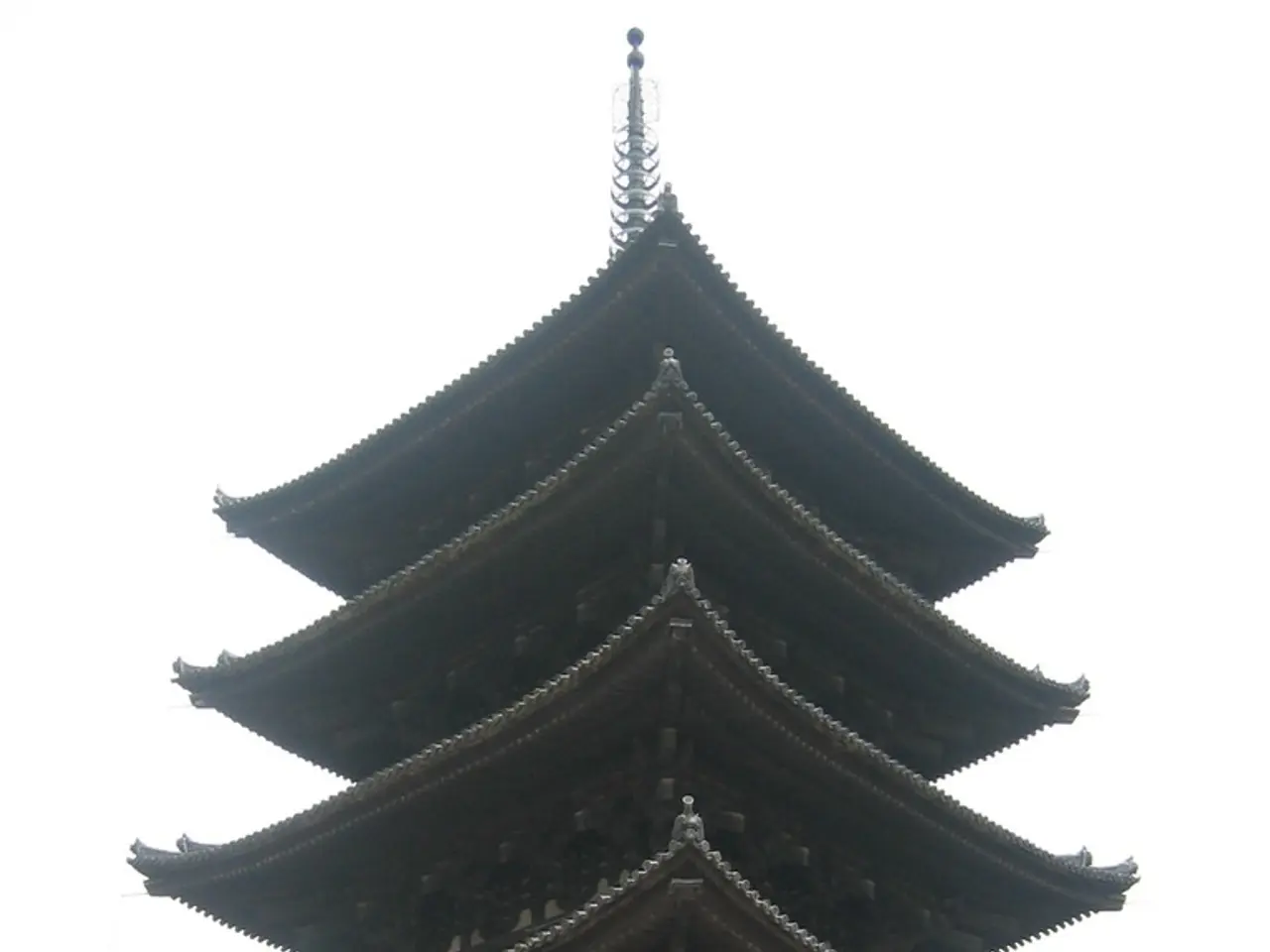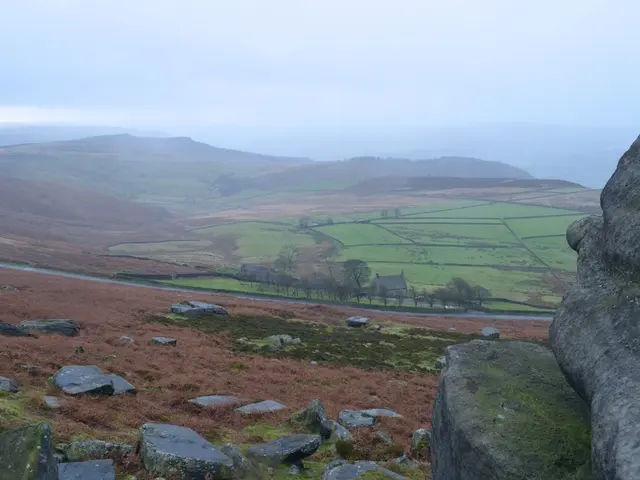Indian Prime Minister Modi conferred with Chinese Foreign Minister Wang Yi, reiterating their mutual dedication to a tranquil resolution to their border dispute.
The India-China border dispute, a source of tension for several years, is showing signs of resolution and de-escalation following a series of diplomatic efforts aimed at peace and dialogue.
Recent developments, marked by the 24th Round of Talks between Special Representatives of India (Ajit Doval) and China (Wang Yi) on August 19-20, 2025, have resulted in a ten-point consensus emphasizing peace maintenance, friendly consultations, and the reopening of traditional border trading markets.
One of the key steps agreed upon was a political framework for boundary settlement based on the 2005 Agreement on Political Parameters and Guiding Principles. This framework led to the establishment of an Expert Group under the Working Mechanism for Consultation and Coordination (WMCC) to explore "early harvest" boundary delimitation in the border areas. A Working Group under WMCC was also created to enhance effective border management to maintain peace and tranquility.
The "early harvest" approach targets initial, more feasible boundary delimitation in specific sectors, particularly the Middle Sector, which runs from Ladakh to Nepal, including parts of Himachal Pradesh and Uttarakhand. This sector is considered the "easiest to resolve" given existing exchanged maps and clearer perceptions of the Line of Actual Control (LAC) line.
Indian Defence Minister Rajnath Singh and his Chinese counterpart Dong Jun met on June 26, 2025, calling for a structured roadmap for permanent engagement and de-escalation, restoring patrol rights, and renewing mechanisms to reduce the trust deficit post-2020.
Besides border talks, both countries have resumed tourist visas for Chinese citizens after a five-year suspension, and China has committed to addressing India’s trade concerns on export curbs (fertilizers, rare earth minerals, etc.).
The two sides continue to emphasize peace, tranquility, and dialogue through military and diplomatic channels, aiming to avoid new complications along the LAC while fostering broader bilateral ties.
Prime Minister Narendra Modi, in a statement, expressed his belief that stable, predictable, and constructive relations between India and China will greatly contribute to regional and global peace. The indications of a new vigour in India-China relations coincided with tensions between Washington and New Delhi over President Donald Trump's tariff policies.
Bilateral relations were severely strained as a result of the May 2020 military standoff in eastern Ladakh and the June 2020 fighting in the Galwan Valley. However, Modi reiterated India's commitment to a "fair, reasonable, and mutually acceptable" resolution of the boundary dispute.
Modi also thanked Chinese President Xi Jinping for the invitation to the SCO summit and conveyed his acceptance. The Prime Minister is expected to meet Xi at the SCO summit in Tianjin.
Wang Yi's recent visit to Delhi is seen as part of ongoing efforts by the two neighbours to rebuild their relationship after it came under severe strain following the deadly Galwan Valley clashes in 2020. Wang expressed his "positive assessment" of his discussions with National Security Advisor Ajit Doval and his bilateral meeting with External Affairs Minister S Jaishankar.
Modi stated that since his discussions with President Xi about ten months ago, India-China relations had steadily improved under the direction of respect for one another's interests and sensitivities. Modi also expressed his support for China's SCO Summit presidency and expressed excitement for seeing President Xi in Tianjin.
Read also:
- United States tariffs pose a threat to India, necessitating the recruitment of adept negotiators or strategists, similar to those who had influenced Trump's decisions.
- Weekly happenings in the German Federal Parliament (Bundestag)
- Southwest region's most popular posts, accompanied by an inquiry:
- Discussion between Putin and Trump in Alaska could potentially overshadow Ukraine's concerns








